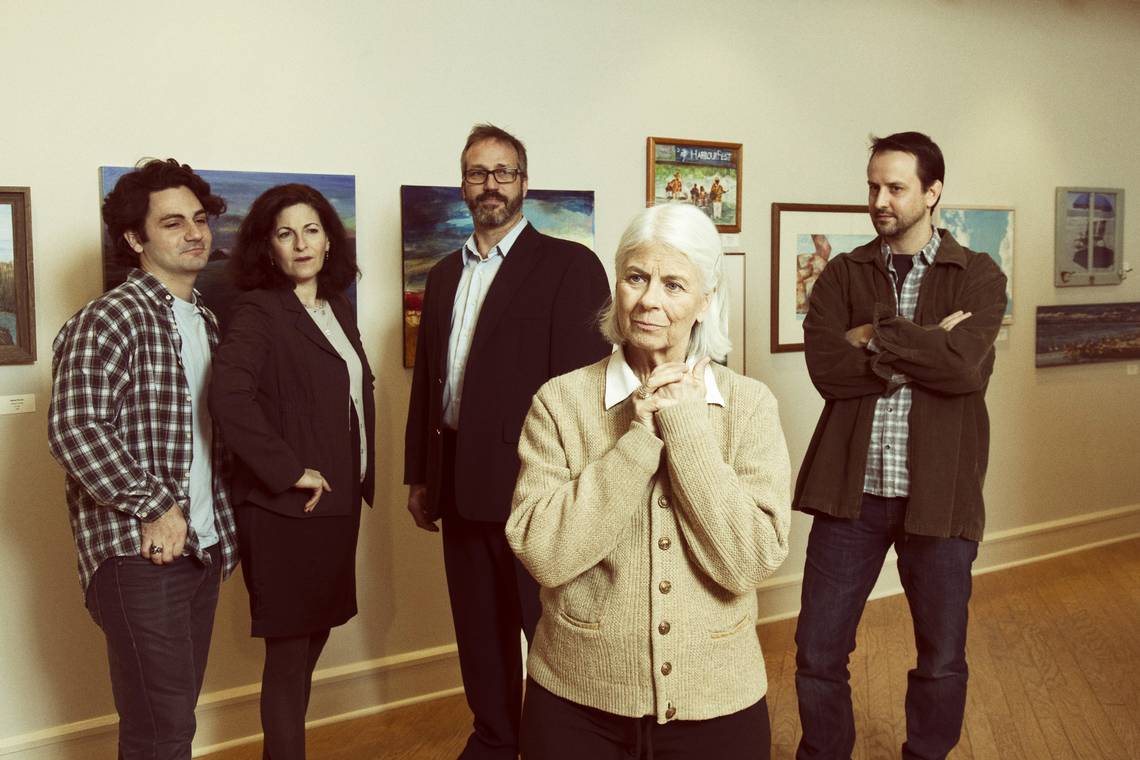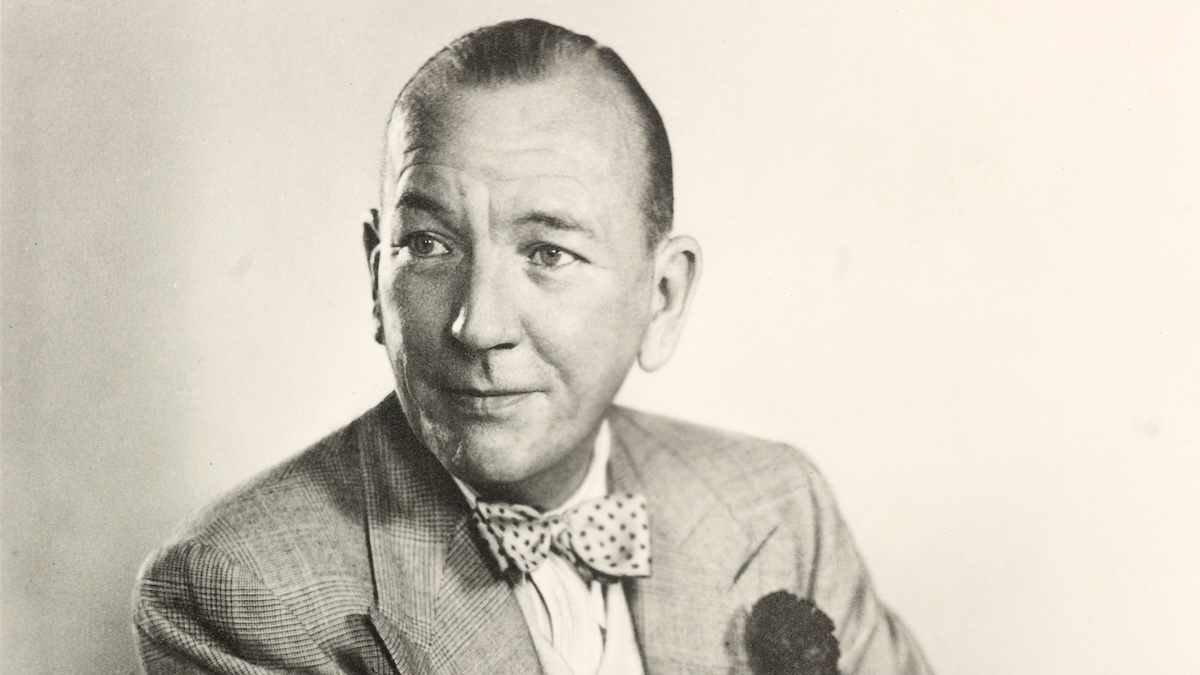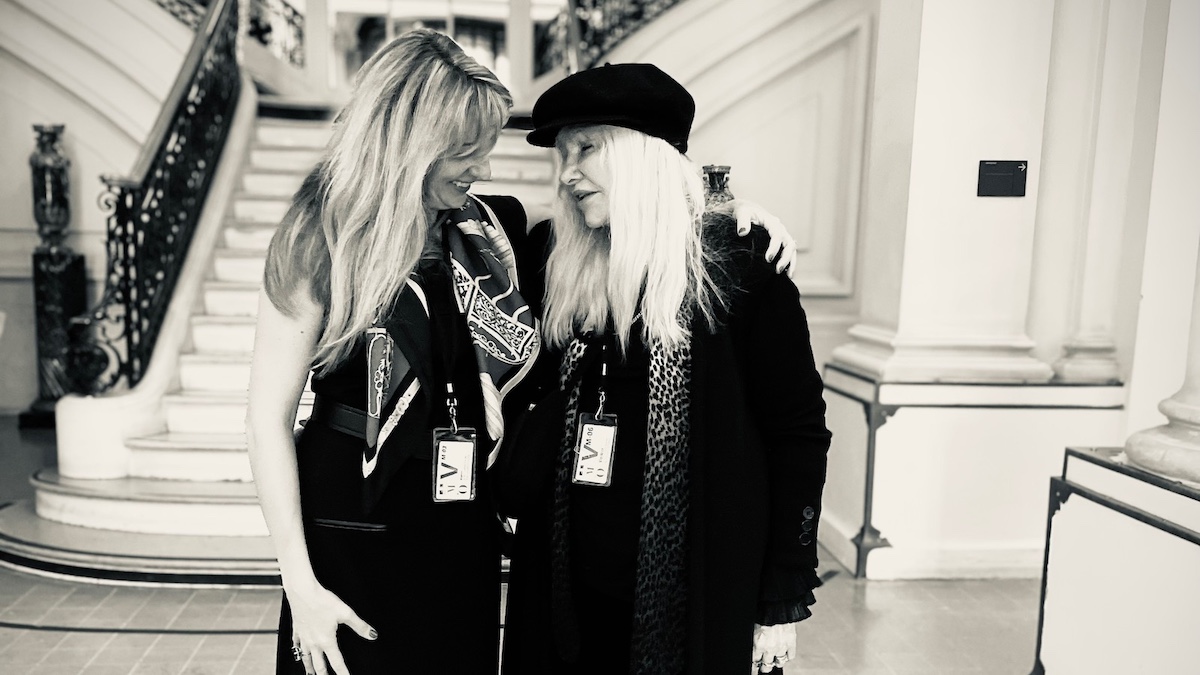
Kenneth Lonergan has a Chekhovian knack for highlighting the beautiful humanity of his characters. He is perhaps better known for his plays Lobby Hero and This Is Our Youth, and his film You Can Count on Me, but The Waverly Gallery is his most personal work. As such, it fit in nicely to Lean Ensemble Theatre’s programming theme for its first full season: “A Season of Memories,” which also included The Glass Menagerie. Waverly Gallery revolves around a family’s experience as their matriarch slips further and further into dementia. Despite the gravity of the subject matter, the play is filled with comedy and delightful characters. It is no surprise to us that Mr. Lonergan is currently getting a lot of attention for his movie Manchester by the Sea, which he also directed.
One of the biggest challenges of producing Waverly Gallery is casting (and playing) the role of Gladys. In addition to needing superb comic timing and an ability to show a woman’s mental deterioration in subtle and overt ways, the actor must be able to carry the play’s incredibly detailed language, which contains a marathon of disjointed sentences and repetition. It would be a challenge for any actor regardless of age, and is required of an actor who must reasonably play around seventy years old. I really do not think I am exaggerating when I describe the role in this contemporary play as a female King Lear. We were very fortunate to have hired the amazing Anne Cooper, a veteran actress from Los Angeles, who brought such spontaneity, humor, and pathos to the role that our subscribers regularly write us to suggest her return to our stage.
Lean Ensemble Theatre is very committed to community outreach, and we sought out a partnership with Memory Matters, a local nonprofit that serves patients with Alzheimer’s and other forms of dementia, as well as their families. A representative from Memory Matters was present at every performance and attended the post-show talkbacks, which were perhaps the most meaningful post-show forums I have ever been a part of. The content of the talkbacks would flow from discussions about the production, to information about Alzheimer’s, to experiences volunteered by audience members of living with loved ones suffering from the disease. Many audience members remarked upon how accurately the situations presented in Waverly Gallery reflected their own journeys with the disease, and the Memory Matters representatives often used these events from the play as teachable moments to instruct family members on what courses of action are most beneficial for both the patient and the caretaker.
The response from our audience was tremendous. The population of Hilton Head connected to the play in a way that we never could have imagined. Suddenly our fledgling theatre company had the mayor calling us for tickets. When the local paper reviewed our show and praised aspects of the production but questioned the wisdom of choosing a play with such depressing subject matter, a spontaneous letter-writing campaign by audience members who had seen the show testified to the universality of the experiences presented in Waverly Gallery, and the benefit of having those issues represented in dramatic art. The reviewer eventually published an apology for her remarks. We were humbled by the fact that our new audience felt so protective of the piece that they were compelled to defend its integrity in print. We prefer an energized and enthusiastic audience to a four-star review any day, and Waverly Gallery helped our company find one that continues to support us.
To purchase a copy of The Waverly Gallery click here, and to learn more about licensing a production, click here.

Noël Coward’s Travels

Kate Chopin in New Orleans: Mother-Daughter Author Duo Collaborate on Historical Book

